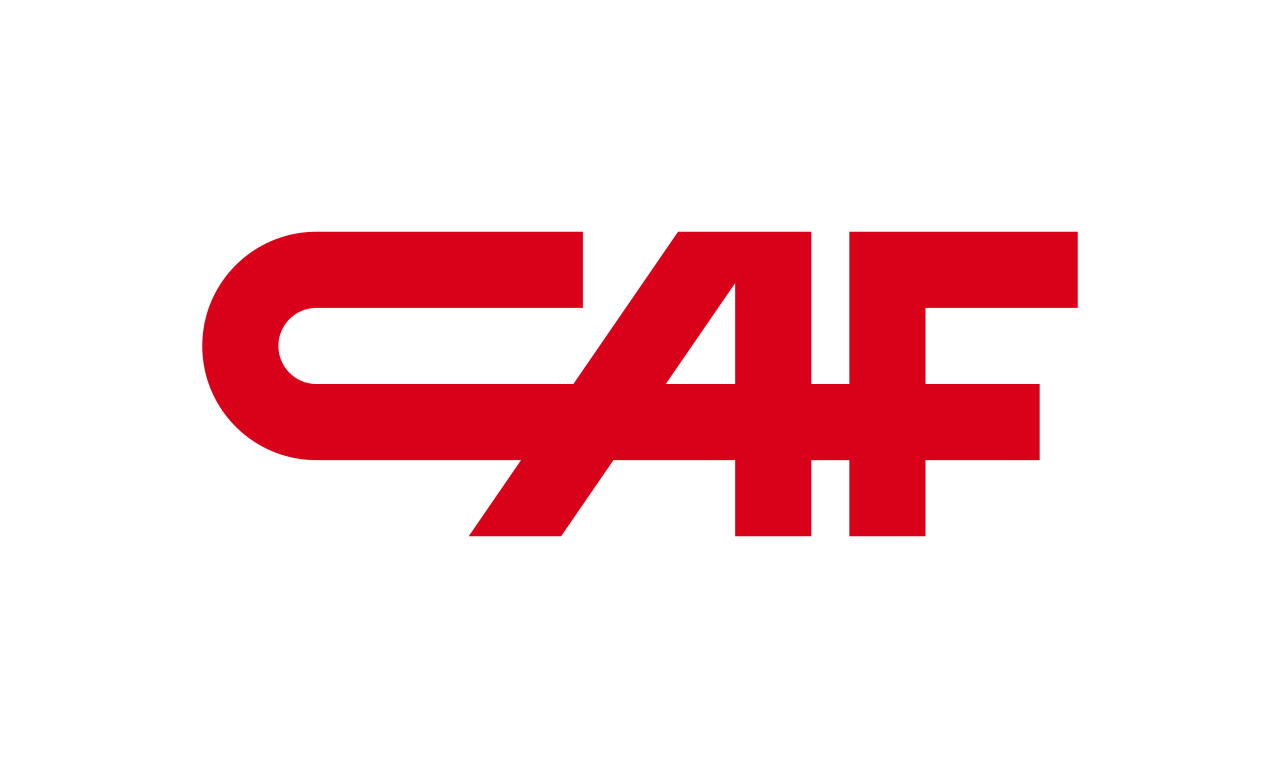The hydrogen-powered demonstrator train is based on one of RENFE’s ‘Civia’ commuter trains and also uses a new power generation system which utilises a hybridisation of energy via hydrogen fuel cells and batteries and has been integrated into the train’s current traction system.
Due to this innovative system, the train will be one of the very first bi-mode demonstrator trains featuring hydrogen fuel cells and will bring a zero-emissions vehicle concept which can be used to run in an electric mode on the electrified network alongside the hybrid mode which can be used in operation on catenary-free.
So far, all of the equipment which makes up the new Fuel Cell Hybrid Powerpack has been trialled with CAF carrying out the mechanical, electrical and hydraulic installation work for the original CIVIA unit. The next stage of the project will see tests undertaken to validate the integration of the new system and in doing so will convert it to a zero-emissions bi-mode train.
The first tests will see the correct installation and integration of the new Fuel Cell Hybrid Powerpack and will examine all interfaces alongside their correct operation with the equipment which is already installed on the train. A key stage will have been met following the completion of the tightness tests on the hydrogen system, once the first hydrogen-refuelling can be carried out and hydrogen is supplied to the fuel cells. Following this work, all energy needed by the train can be acquired via this new hybrid system. 100% of the hydrogen used during the tests is from renewable sources and is termed green hydrogen and is supplied by Iberdrola.
The start of testing at CAF confirms the substantial effort made by the consortium, which is made up of CAF, DLR, Toyota, Renfe, Adif, CNH2, IP and FAIVELEY StemmannTechnik following the launch of FCH2RAIL project back in 2021. The testing represents a major milestone for the project when considering that it allows the optimisation of the operation of the hybrid system directly on the train with all its real interfaces.
Once this phase of testing is finished, the unit will be in prime condition to start dynamic testing on an external track and is planned to take place this summer.
The project has a budget of €14m and will see €10 million provided to fund the Clean Hydrogen Partnership (formerly FCH2 JU) which is a European Commission agency which is focused on the promotion of developing hydrogen and fuel cells.
The past few years have seen many public and private transport authorities in the EU and other countries around the globe, show interest in railway sector hydrogen fuel cell-based technology. The main challenge of which is to create a competitive alternative to diesel trains in the framework of current plans to decarbonise transport.
CAF is once again confirming its commitment to developing zero-emission mobility solutions with this project via the use of hydrogen. The technology being tests at the CAFGroup has been marketed for some years by its subsidiary Solaris who are the leader in the hydrogen bus market in the EU for 2021.






Responses